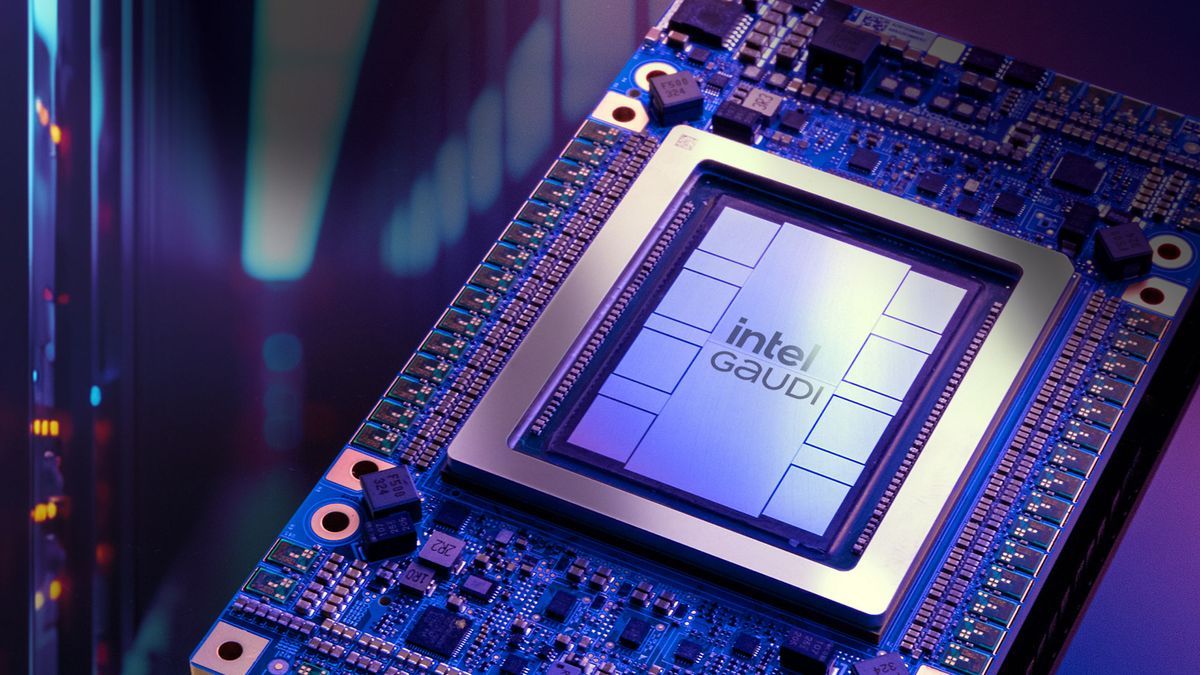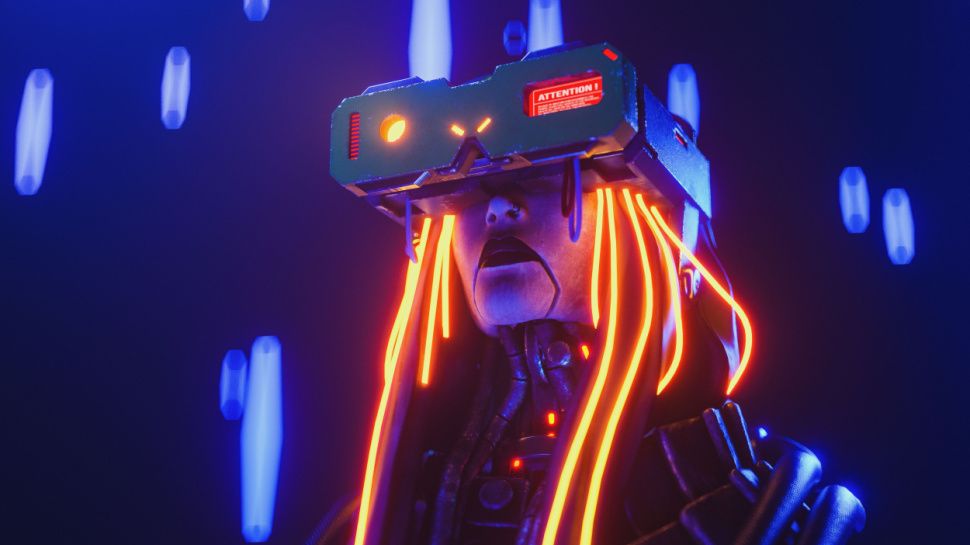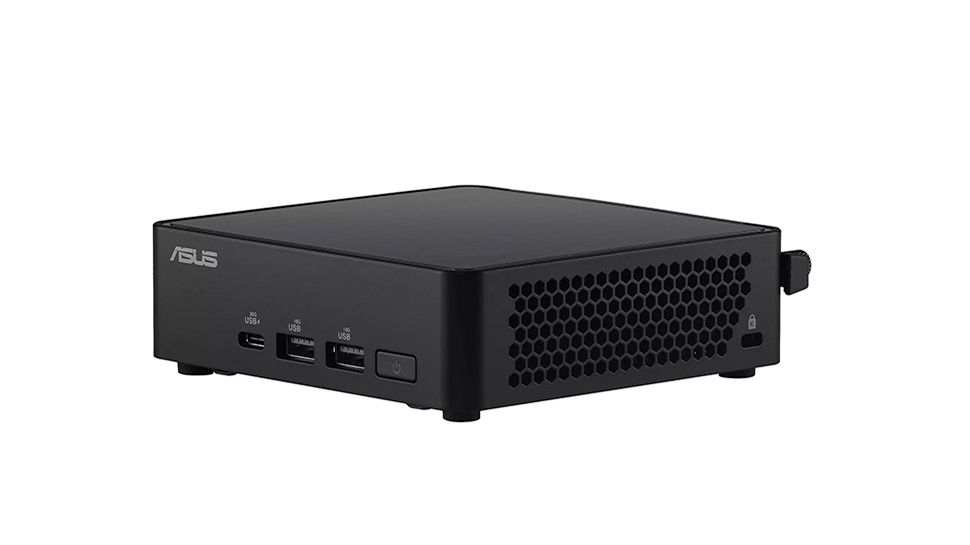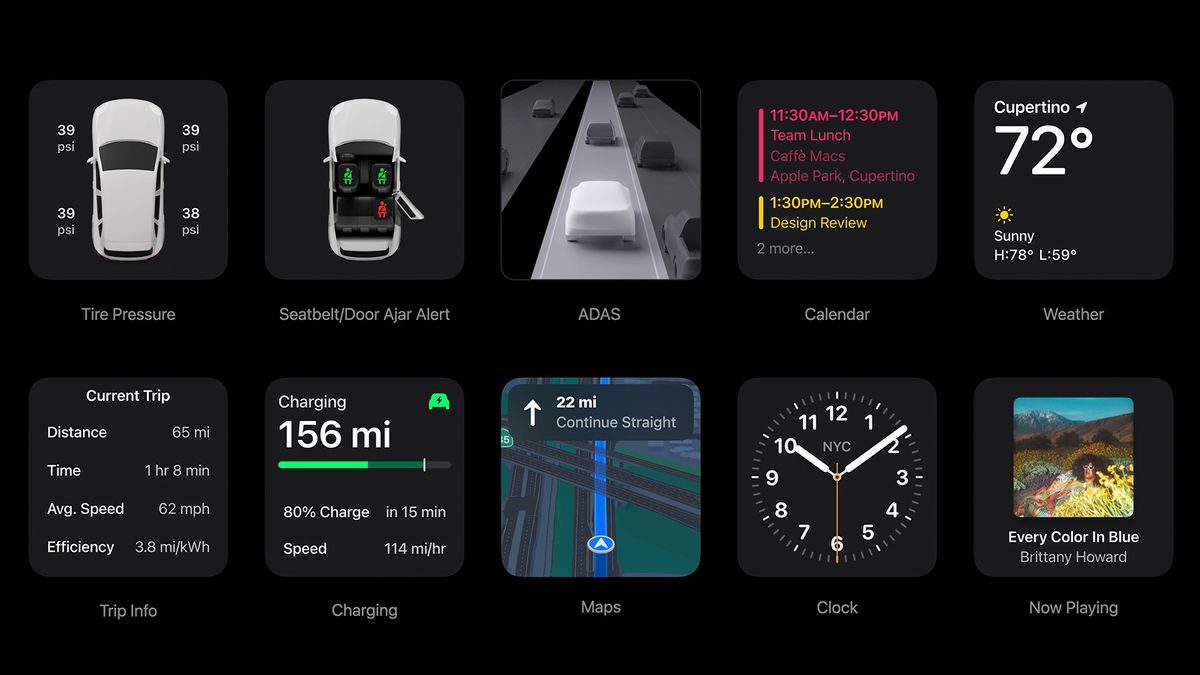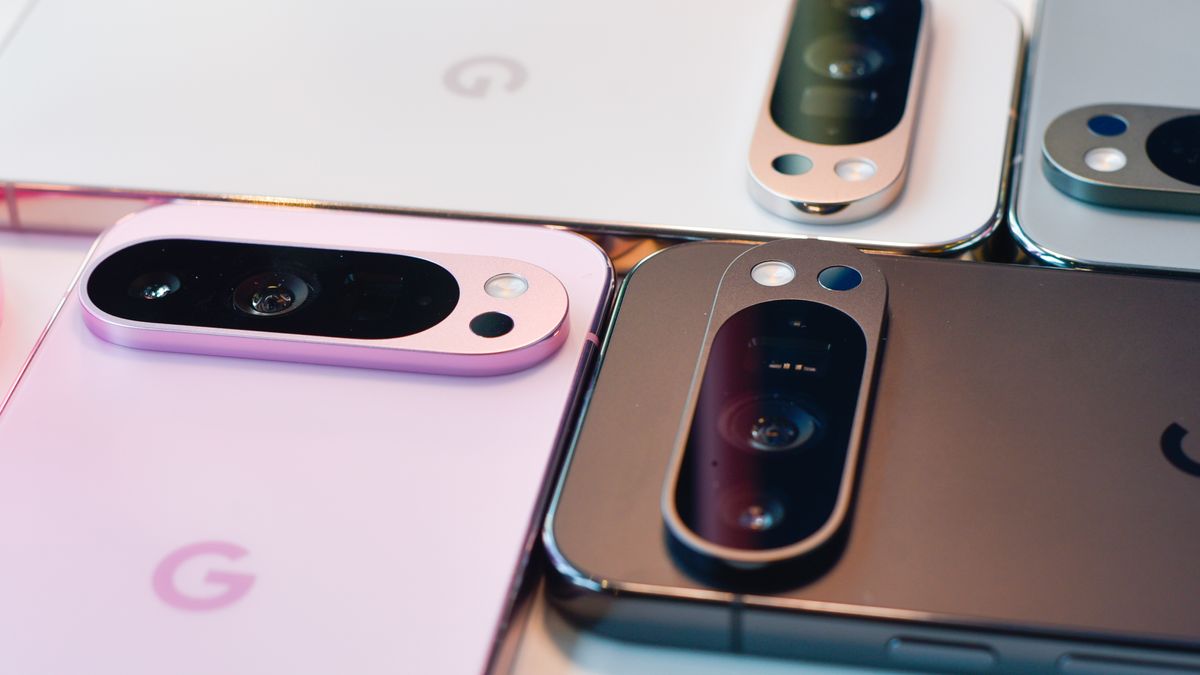Intel has had a tough time in recent years, particularly following the launch of the iPhone powered by Apple silicon and the rise of an artificial intelligence and data center chip industry largely dominated by Nvidia and AMD.
However, the company is not sitting idly by in the face of these advances and has announced the launch of its Xeon 6 chips and the new Gaudi 3 artificial intelligence accelerators.
The Intel Xeon 6900 P-core series, as the chips are known, offers up to 128 cores for extremely intensive AI workloads, doubling the performance of its predecessors, with more core counts, more memory bandwidth, and built-in AI acceleration.
Power increase
On the Gaudi side, the new Gaudi 3 AI Accelerator chips, aimed at generative AI, come with 64 Tensor CPU cores, eight matrix multiplication engines, and 128GB of HBM2e memory, offering up to 20% more performance and twice the price and performance of Nvidia's H100 chips for LLaMa 2 70B inference.
The specs Intel is touting for the Gaudi 3 and Xeon 6 chips are truly impressive and would signal that the company has managed to innovate at least a little to get out of the hole it finds itself in.
In addition to designing and manufacturing the chips, Intel has also partnered with Dell and Supermicro to work on “co-engineered systems” that are specifically made for those companies’ unique AI needs. For its part, Dell is co-developing RAG-based solutions that leverage Gaudi 3 and Xeon 6.

Watch out AMD! Or not?
AMD has been the biggest beneficiary of Intel’s largesse in the AI chip space, designing powerful chips that TSMC then manufactures. It’s a good business model, and one that Intel has had great difficulty replicating or disrupting.
The company plans to launch its fifth-generation 3nm EPYC Turin data center chips in the second half of 2024 at some point, based on its Zen 5 architecture and featuring up to 192 cores and 384 threads, so they're more than enough for the Xeon and Gaudi chips, at least on paper.
In the closely watched Top500 list, Intel's Aurora supercomputer, which is not yet fully operational, came in second behind AMD-powered Frontier, but took first place in an artificial intelligence benchmark.

